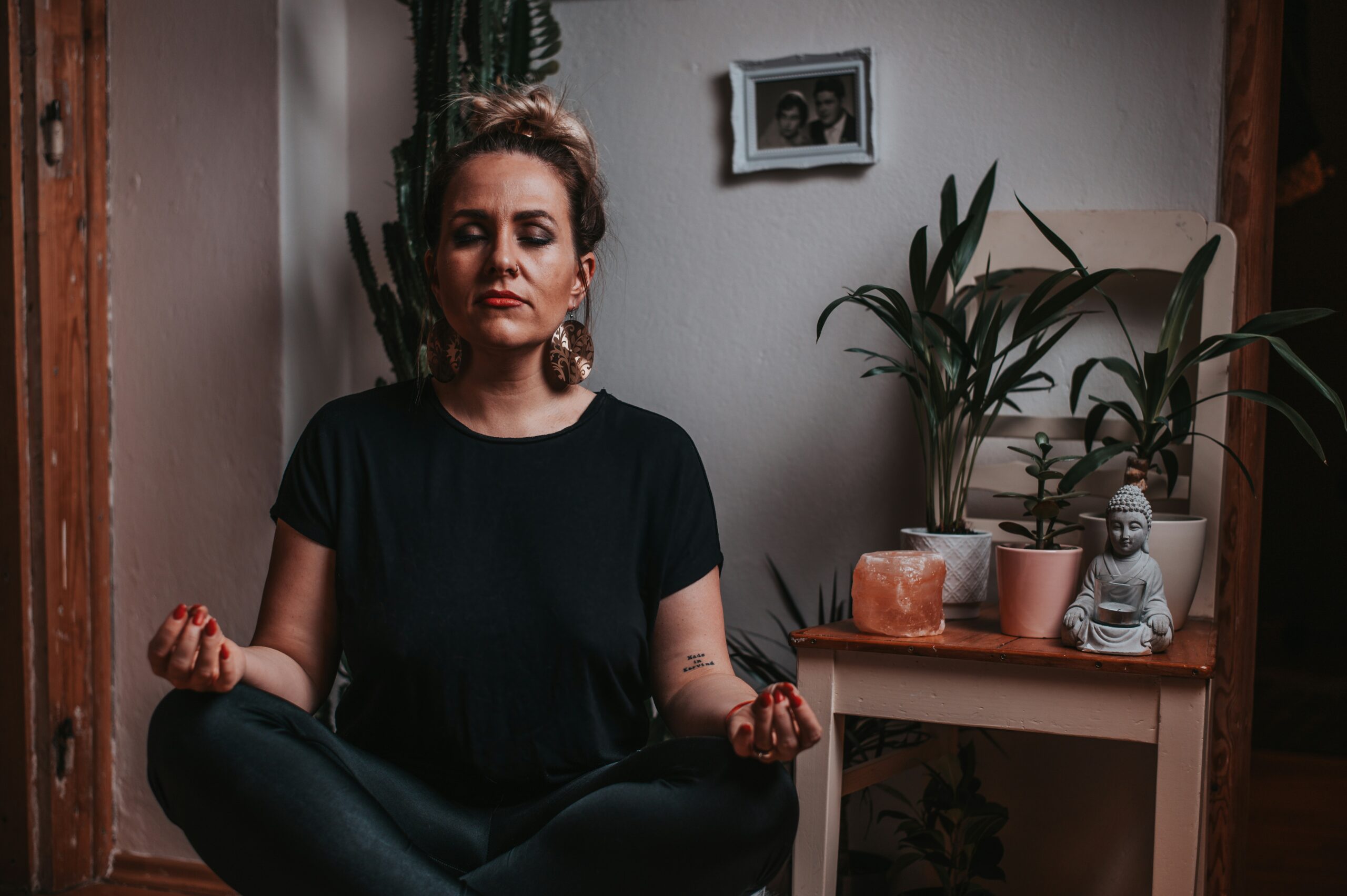In today’s fast-paced world, learning how to relax your mind is essential for maintaining mental health and emotional balance. Stress, anxiety, and overthinking can weigh heavily on our minds, leading to burnout and fatigue. Whether you’re looking for quick relaxation techniques or long-term strategies to calm your mind, this guide will help you find effective ways to achieve mental peace.
Here are 10 proven ways to relax your mind and boost your mental Health.
1. Practice Deep Breathing Exercises
One of the simplest and most effective ways to relax your mind is through deep breathing exercises. This method helps reduce anxiety and stress by activating your body’s relaxation response. To get started:
- Find a quiet space and sit comfortably.
- Breathe deeply through your nose for 4 seconds.
- Hold your breath for 7 seconds.
- Exhale slowly through your mouth for 8 seconds.
Repeat this process for a few minutes to feel calmer almost instantly.
2. Meditation for Mind Relaxation
Meditation is a powerful technique to help clear your mind and focus on the present moment. Regular meditation practice enhances emotional regulation and reduces stress. Here’s how you can start:
- Sit or lie down in a quiet space.
- Close your eyes and focus on your breath or a specific point of attention.
- Allow your thoughts to come and go without judgment.
- Start with 5-10 minutes daily and gradually increase the time.
Guided meditation apps, such as Calm or Headspace, can make it easier for beginners to stay consistent.
3. Journaling to Release Mental Clutter
Writing down your thoughts in a journal can help you relax your mind by organizing and processing overwhelming emotions. This practice can bring clarity and reduce anxiety.
- Set aside 10-15 minutes each day to write freely.
- Don’t worry about grammar or structure; focus on expressing your thoughts.
- Reflect on your journal entries to understand patterns and triggers that may contribute to mental stress.
4. Physical Exercise to Boost Mental Health
Engaging in regular physical exercise not only benefits your body but also plays a crucial role in relaxing your mind. Exercise releases endorphins, known as “feel-good” hormones, which alleviate stress and improve mood.
Aerobic exercises like running, swimming, or cycling can significantly reduce anxiety.
Practices like yoga combine physical movement with breathing exercises to calm both the body and mind.
Incorporating at least 30 minutes of moderate exercise into your daily routine can make a big difference in how relaxed you feel mentally.
5. Aromatherapy for Mental Calmness
Aromatherapy is a natural and effective way to relax your mind through the use of essential oils. Scents like lavender, chamomile, and sandalwood are known for their calming properties.

- Use an essential oil diffuser to fill your space with relaxing scents.
- You can also apply diluted oils to your wrists or temples for a calming effect.
- Aromatherapy helps to lower anxiety levels and promotes deeper sleep, allowing your mind to rest and recharge.
6. Progressive Muscle Relaxation (PMR)
Progressive Muscle Relaxation (PMR) is a technique that involves tensing and then relaxing each muscle group in your body. This practice helps release physical tension, which in turn calms your mind.
- Start by tensing your toes for 5 seconds, then slowly relax them.
- Move up through your body, focusing on different muscle groups like your legs, abdomen, arms, and face.
- This systematic approach not only releases physical stress but also promotes mental relaxation.
7. Mindful Walking
Mindful walking combines physical activity with mindfulness, helping you relax your mind while staying in the present moment.
- Take a slow, deliberate walk, focusing on each step.
- Pay attention to your surroundings, such as the sound of leaves rustling or the feeling of the wind on your skin.
- Avoid using your phone or other distractions during this time.
- This practice encourages mindfulness and can be a great way to unwind after a stressful day.
8. Listening to Soothing Music
Listening to calming music is a quick and effective way to relax your mind. Music therapy is known to reduce stress, anxiety, and even blood pressure.
Classical music, ambient sounds, or nature soundtracks can help you achieve a state of relaxation.
Create a playlist of your favorite relaxing tunes and listen to it whenever you feel overwhelmed.
9. Limiting Screen Time
Excessive screen time, especially before bed, can overstimulate your mind and contribute to mental fatigue. Try to limit your screen exposure, especially from devices like phones, computers, or TVs.
– Set specific times during the day when you’ll take a break from screens.
– Consider incorporating a digital detox for a few hours each day or at least once a week.
Reducing screen time allows your mind to rest and helps prevent information overload.
10. Engage in Creative Activities
Creative activities such as painting, drawing, writing, or crafting can be incredibly therapeutic and a great way to relax your mind. These activities allow you to express emotions and thoughts that may be causing mental tension.
– Dedicate some time each week to indulge in your favorite creative hobby.
– Don’t focus on the outcome; instead, enjoy the process of creating something from your imagination.
Creative expression serves as an outlet for your mind to release stress and embrace relaxation.
Conclusion
Learning how to relax your mind is essential for overall well-being and mental health. By incorporating these techniques into your daily routine, you can reduce stress, improve focus, and enjoy a greater sense of peace. Whether you opt for meditation, physical exercise, or creative hobbies, the key is consistency and finding what works best for you.
Start small, experiment with different methods, and soon you’ll notice the profound benefits of a calm, relaxed mind.

